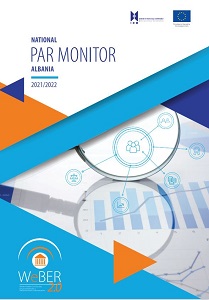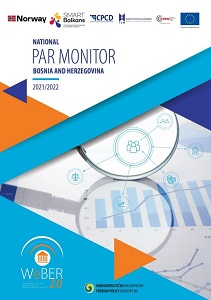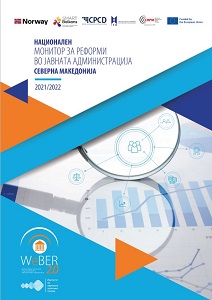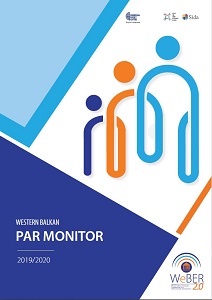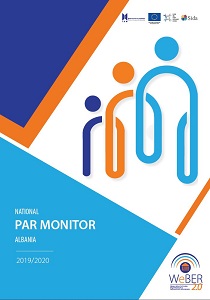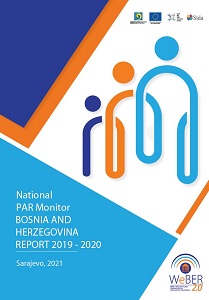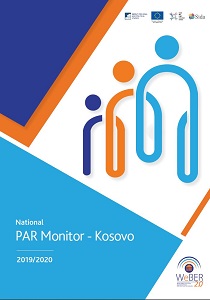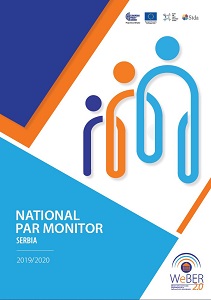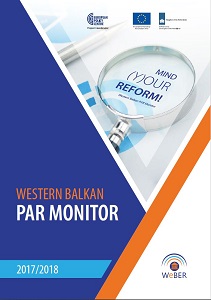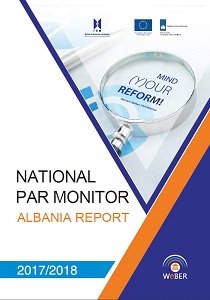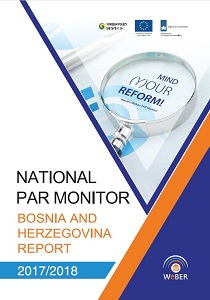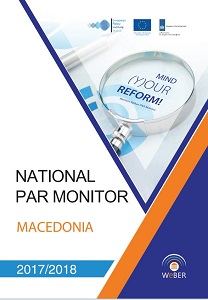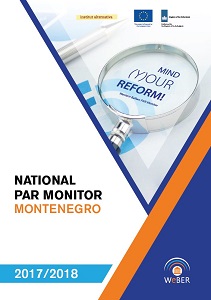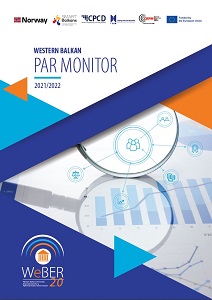
REGIONAL PAR-MONITOR 2021/2022: Western Balkan Region
REGIONAL PAR-MONITOR 2021/2022: Western Balkan Region
Keywords: Public Administration;
Monitoring Report on the process of Public Administration Reforms in 2021 and 2022 in the various regional countries //The PAR Monitor 2021/2022 is the result of monitoring work performed during 2022 by the Think for Europe Network, and it represents a compilation report of all the key findings for the entire Western Balkan region in six areas of PAR defined by the SIGMA Principles of Public Administration. Furthermore, as the third systematic PAR monitoring in the region by civil society, this report offers benchmarking between WB administrations and comparison with the baseline 2017/2018, and 2019/2020 monitoring cycles. PAR Monitor reports are based on a comprehensive methodological framework designed by the WeBER research team, combining quantitative and qualitative evidence sources. With the EU-SIGMA Principles as the building blocks of monitoring work, PAR Monitor reports complement the same type of work of the SIGMA/OECD and the European Commission and offer citizen and civil society perspectives on these Principles. Together with this comparative regional report, the PAR Monitor package consists of six national reports, each including findings on the 23 compound indicators to monitor a selection of SIGMA Principles.
More...
